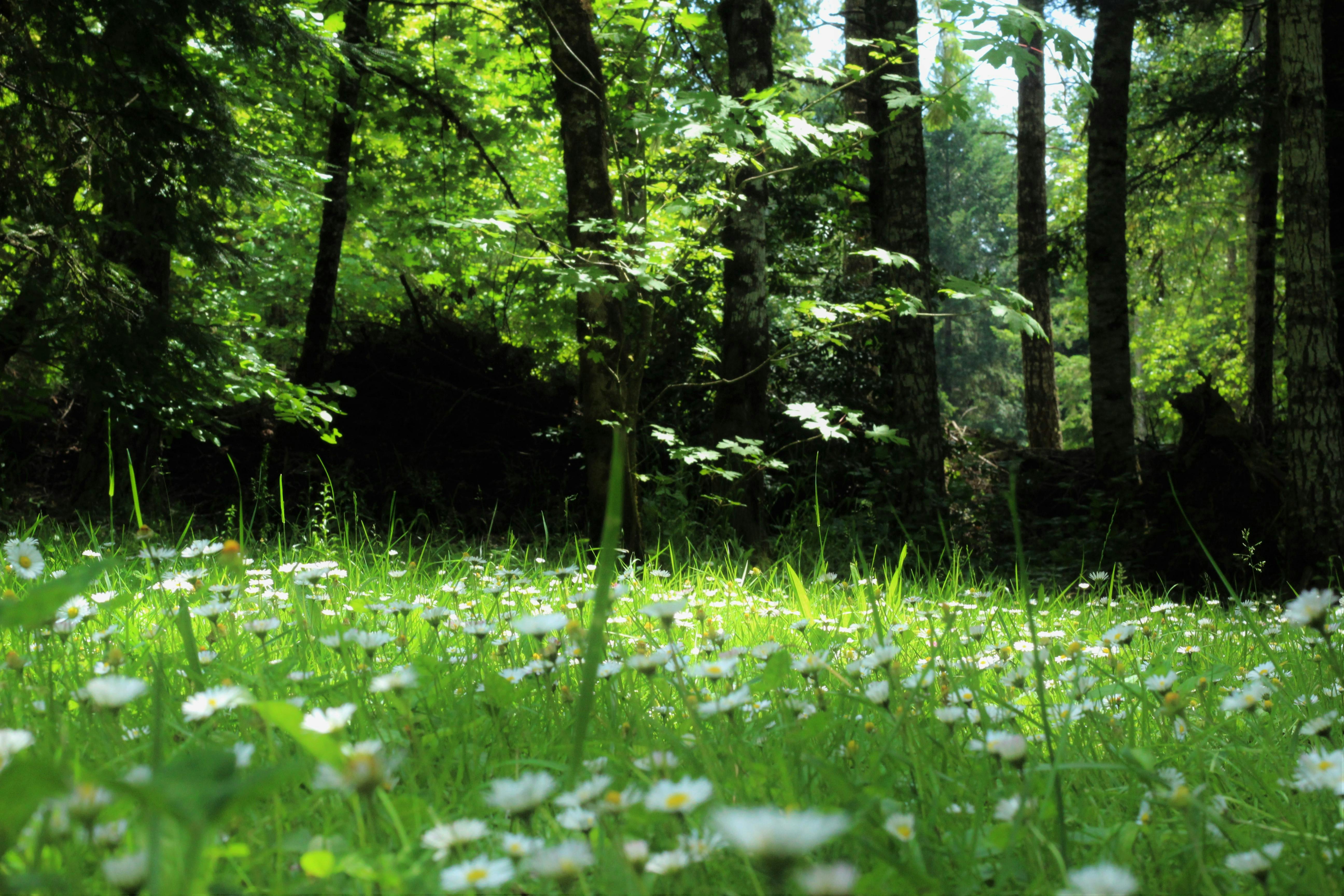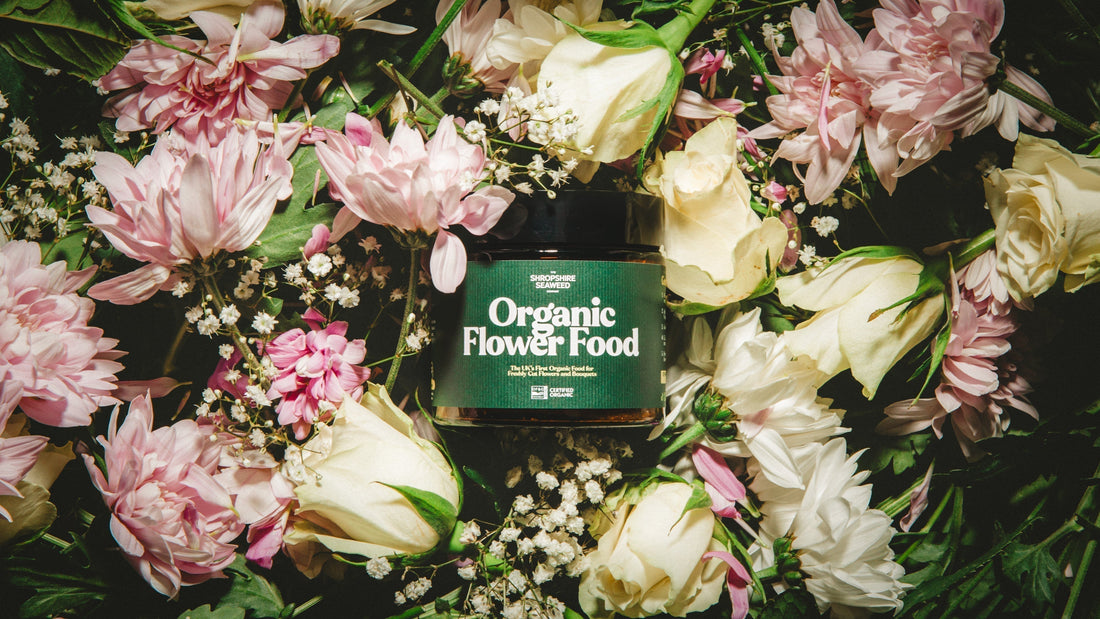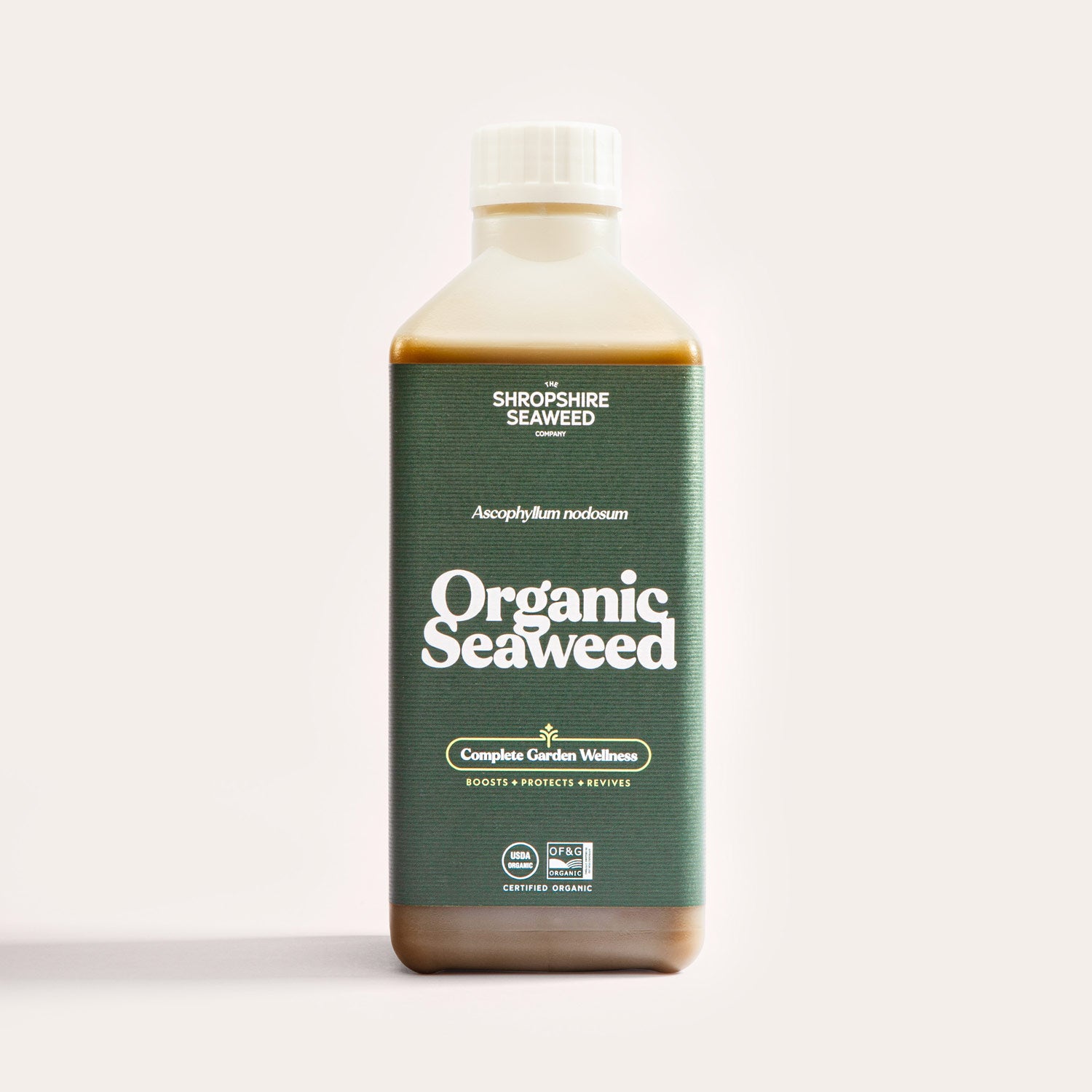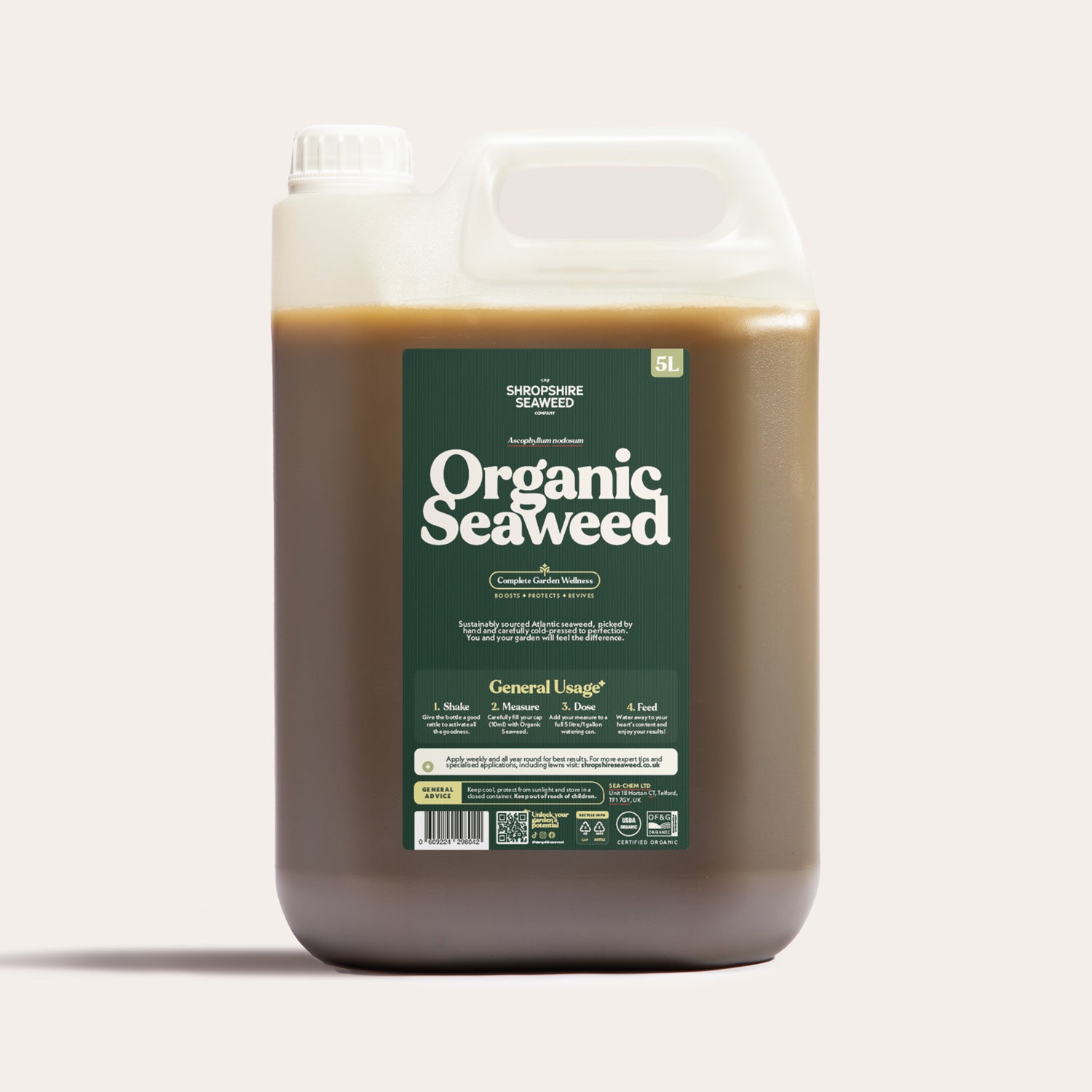No Mow May: Letting Nature Thrive, One Lawn at a Time
As the calendar flips to May, it's time to embrace a growing movement that's transforming gardens across the UK: No Mow May. This simple yet impactful initiative invites us to put away our lawnmowers for the month and let our green spaces flourish naturally. But what's the buzz all about, and why should you consider joining in?
What Is No Mow May?
Launched in 2019 by the conservation charity Plantlife, No Mow May encourages gardeners to refrain from mowing their lawns throughout May.
The goal? To allow wildflowers like daisies, dandelions, and clover to bloom, providing vital nectar sources for pollinators such as bees, butterflies, and moths. With approximately 97% of the UK's flower-rich meadows lost since the 1930s, our gardens have become crucial refuges for these essential creatures.
Why It Matters
Early spring is a critical time for pollinators emerging from hibernation. A lawn left unmown becomes a haven, offering food and shelter when it's needed most. Participants in No Mow May have reported nearly 100 species of pollinators in their gardens, including 25 types of moths and butterflies, and 24 types of bees.
Beyond supporting pollinators, letting your lawn grow can enhance soil health, improve moisture retention, and even lock away carbon, contributing to climate change mitigation.
Embracing the Wild Side
If the idea of a completely wild lawn feels daunting, start small. Designate a section of your garden as a "wild zone" where grass and wildflowers can grow freely. This approach not only benefits wildlife but also adds a charming, natural aesthetic to your garden. Dandelions, often seen as weeds, are powerhouses for pollinators and can enhance soil health with their deep roots.
Tips for a Successful No Mow May
Prepare Your Lawn: Before May begins, give your lawn a final mow to about 5cm. This helps prevent overly long grass and encourages healthy growth.
Remove Grass Cuttings: Clearing away clippings allows light to reach emerging wildflowers and reduces nutrient buildup, which can favour aggressive grasses over delicate blooms.
Observe and Enjoy: Take time to notice the new visitors to your garden. You might be surprised by the variety of insects and birds that appear when you let nature take the lead.
Extend the Practice: Consider mowing less frequently throughout the summer or maintaining some areas as permanent wild patches to continue supporting biodiversity.
The Shropshire Seaweed Company: Supporting Sustainable Gardening
At The Shropshire Seaweed Company, we're passionate about promoting organic and sustainable gardening practices. Our seaweed-based products enrich soil health naturally, complementing the principles of No Mow May by fostering robust plant growth and supporting the intricate web of garden life.
Join the Movement
Participating in No Mow May is a simple yet powerful way to contribute to environmental conservation. By letting your lawn grow, you're creating a sanctuary for pollinators and other wildlife, enhancing the beauty and health of your garden, and taking a stand for nature.
So this May, resist the urge to mow. Embrace the wild, and watch your garden come alive.








